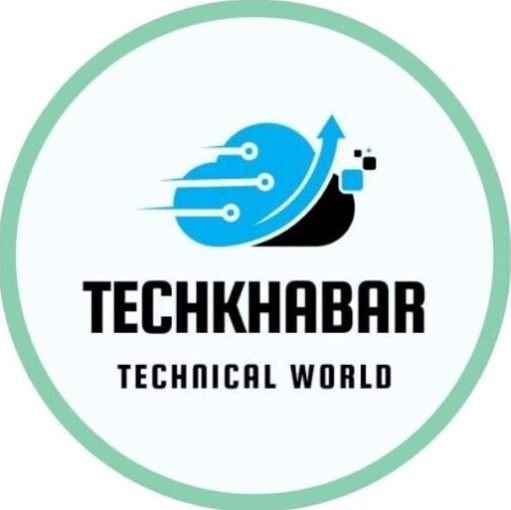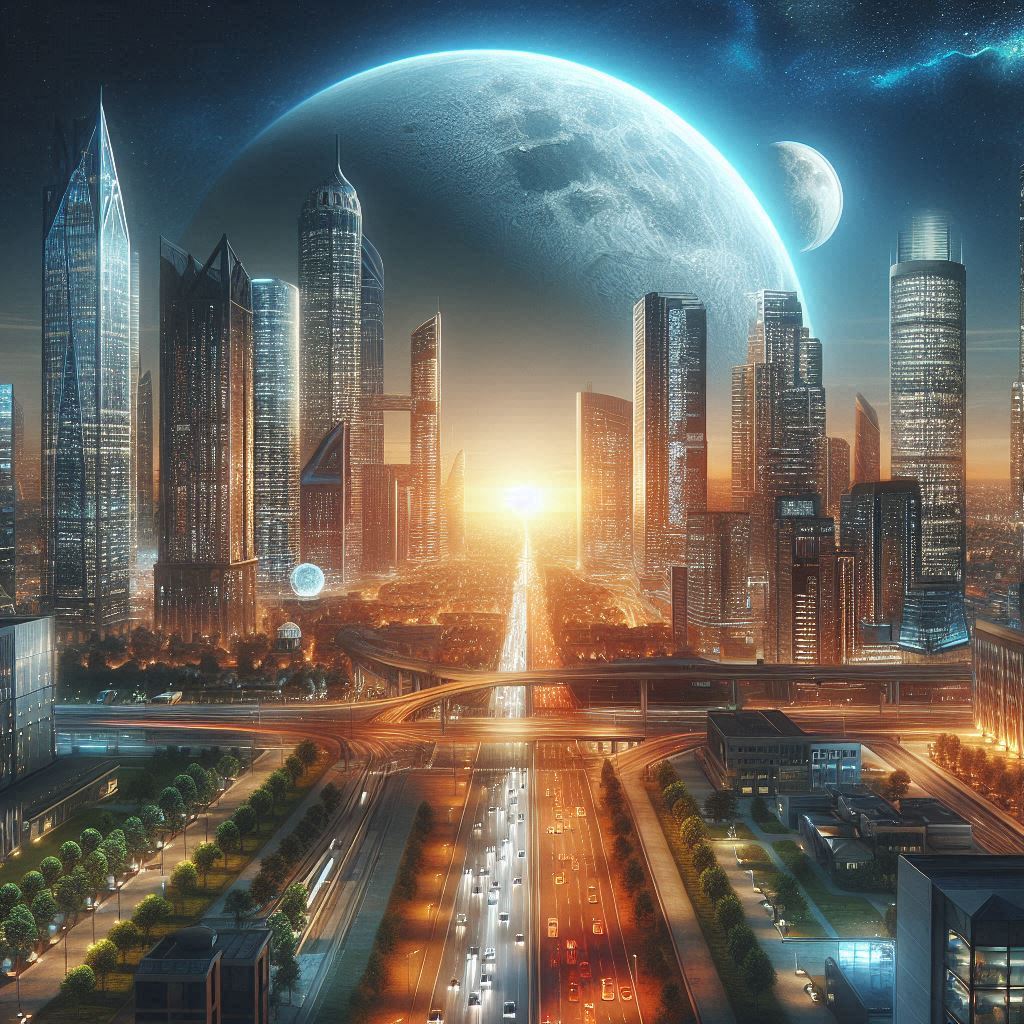Unlocking the Potential of Artificial Intelligence: A 21st Century New Roadmap for the Future
Introduction:
In the rapidly evolving landscape of the 21st century, Artificial Intelligence (AI) emerges as a beacon of innovation and progress, promising to revolutionize every aspect of human existence. As we stand on the threshold of a new era defined by unprecedented technological advancements, the potential of AI to reshape our world is both thrilling and daunting. In this blog, we embark on a journey to explore the myriad possibilities that AI offers, unveiling a new roadmap for the future that unlocks its full potential while addressing the challenges that lie ahead. “ Unlocking the Potential of Artificial Intelligence: A 21st Century New Roadmap for the Future”
In the ever-evolving landscape of technological innovation, few advancements hold as much promise and potential as Artificial Intelligence (AI). From its humble beginnings as a concept in science fiction to its current status as a driving force behind transformative change, AI has captured the imagination of researchers, entrepreneurs, and policymakers.
Unlocking the Potential of Artificial Intelligence:

The Evolution of Artificial Intelligence
“Unlocking the Potential of Artificial Intelligence: A 21st Century New Roadmap for the Future”
To understand the future of AI, we must first trace its origins back to its inception. While the concept of artificial beings dates back centuries, it wasn’t until the mid-20th century that AI emerged as a distinct field of study. The seminal work of pioneers such as Alan Turing and John McCarthy laid the groundwork for the development of intelligent machines capable of reasoning, learning, and problem-solving. From early symbolic AI systems to the advent of neural networks and deep learning algorithms, the evolution of AI has been marked by breakthroughs and setbacks, each pushing the boundaries of what is possible.
Artificial intelligence’s history begins at the early stages of computing, when pioneers set the stage for the eventual creation of sentient robots. Artificial Intelligence has progressed over the years from basic rule-based systems to complex neural networks and deep learning algorithms. In the 21st century, AI has become synonymous with progress, driving innovation across industries and transforming the way we live, work, and interact with the world around us.
The Current Landscape of AI

Unlocking the Potential of Artificial Intelligence: A 21st Century New Roadmap for the Future
In the 21st century, AI permeates every facet of our lives, from the smartphones in our pockets to the algorithms that power online search engines and social media platforms. In healthcare, AI-driven diagnostics enable early detection of diseases and personalized treatment plans, while in finance, algorithmic trading systems analyze market trends and execute trades with lightning speed and precision. In transportation, autonomous vehicles promise to revolutionize mobility, reducing accidents and congestion while improving efficiency and convenience.
Across industries, AI-powered chatbots, virtual assistants, and recommendation systems enhance productivity and streamline operations, ushering in an era of unprecedented automation and efficiency.
21st Century Challenges and Opportunities
Unlocking the Potential of Artificial Intelligence: A 21st Century New Roadmap for the Future, AI has its share of difficulties even with its promise for revolution. The rapid pace of technological advancement raises questions about the ethical and societal implications of AI deployment. Concerns about bias, transparency, and accountability loom large, as AI systems become increasingly complex and autonomous.
Moreover, the potential for job displacement and economic inequality raises thorny ethical dilemmas that must be addressed through thoughtful policy and regulation. However, amidst these challenges lie immense opportunities for innovation and progress. By harnessing the power of AI to tackle pressing societal challenges such as climate change, healthcare disparities, and economic inequality, we can create a future that is more equitable, sustainable, and prosperous for all. Unlocking the Potential of Artificial Intelligence: A 21st Century New Roadmap for the Future.
Unlocking the Potential of Artificial Intelligence: A 21st Century New Roadmap for the Future
A New Roadmap for the Future

In charting a new roadmap for the future of AI, it is imperative that we strike a balance between innovation and responsibility. This requires a multi-faceted approach that addresses the technical, ethical, and societal dimensions of AI development and deployment. Unlocking the Potential of Artificial Intelligence: A 21st Century New Roadmap for the Future Key areas of focus include:
-
Ethical AI Development:
Prioritizing transparency, fairness, and accountability in the design and implementation of AI systems to mitigate bias and ensure equity and inclusion.
-
Responsible Data Governance:
Establishing robust data privacy and security frameworks to protect individuals’ rights and mitigate the risks of data misuse and exploitation.
-
Collaborative Research and Development:
Fostering interdisciplinary collaboration and knowledge sharing to accelerate AI innovation while minimizing duplication of effort and maximizing collective impact.
-
Education and Workforce Development:
Investing in AI education and training programs to equip individuals with the skills and knowledge needed to thrive in an AI-driven economy and society.
-
Regulatory and Policy Frameworks:
Developing agile regulatory and policy frameworks that strike a balance between innovation and protection, ensuring that AI technologies are developed and deployed in a manner that serves the public interest.
Conclusion
Unlocking the Potential of Artificial Intelligence: A 21st Century New Roadmap for the Future, As we navigate the complexities of the 21st century, AI emerges as a transformative force that has the power to shape our collective future in profound ways. By embracing a new roadmap for the future that prioritizes ethics, equity, and empowerment, we can unlock the full potential of AI and create a world that is more just, sustainable, and prosperous for all. Through collaboration, innovation, and a shared commitment to the values that define us as a society, we can harness the power of AI to build a future that is brighter, more inclusive, and more hopeful than ever before.
Unlocking the Potential of Artificial Intelligence: A 21st Century New Roadmap for the Future, unlock the full potential of this groundbreaking technology and create a future that is both technologically advanced and socially responsible. Through collaboration, innovation, and a commitment to shared values, we can harness the power of AI to address some of the most pressing challenges facing humanity and usher in a new era of prosperity, progress, and possibility.
FAQ
Q.1- What is AI to explain?
ANS- The simulation of human intelligence processes by machines, particularly computer systems, is known as artificial intelligence.
Q.2- Who is the father of AI?
ANS- One of the founding fathers of artificial intelligence is John McCarthy. Computer scientist John McCarthy was from the United States. He is credited with coining the term “artificial intelligence”.
Q.3- Where is AI used today?
ANS- Today, artificial intelligence is employed in many different businesses, such as: Healthcare: It’s utilized to identify illnesses, provide novel medications and therapies, and offer individualized care. Finance: It’s utilized for risk management, fraud detection, and investment guidance.
Q.4- What does chatbot mean?
ANS- In its most basic form, a chatbot is a computer software that mimics and interprets spoken or written human communication, enabling people to engage with digital devices in the same way they would with a real person.
Q.5- Is AI safe for humans?
ANS- Not every AI issue is as significant and concerning as sentient AI or killer robots. These days, customer privacy, biased programming, human safety, and murky legal regulations are some of the major threats.

